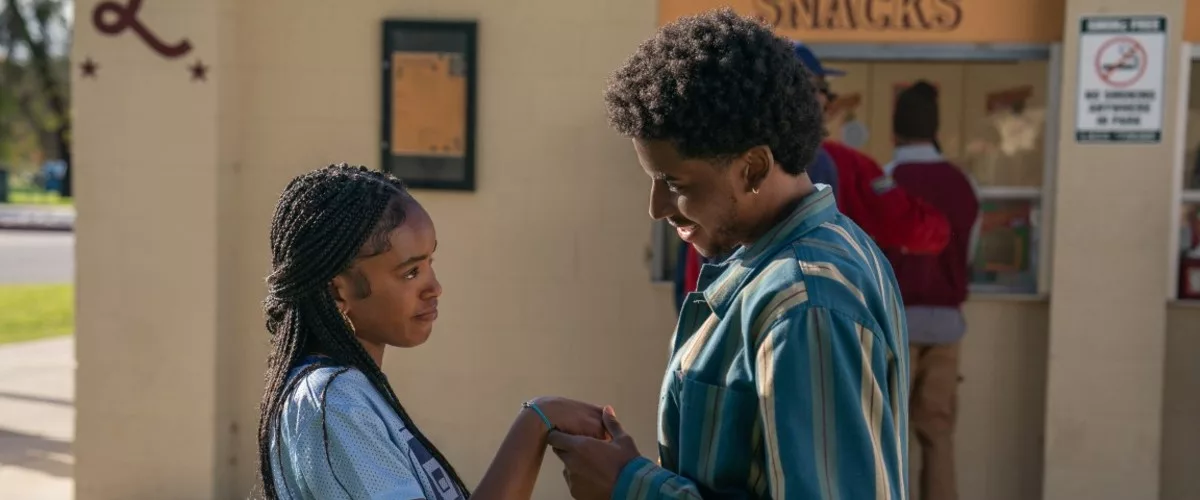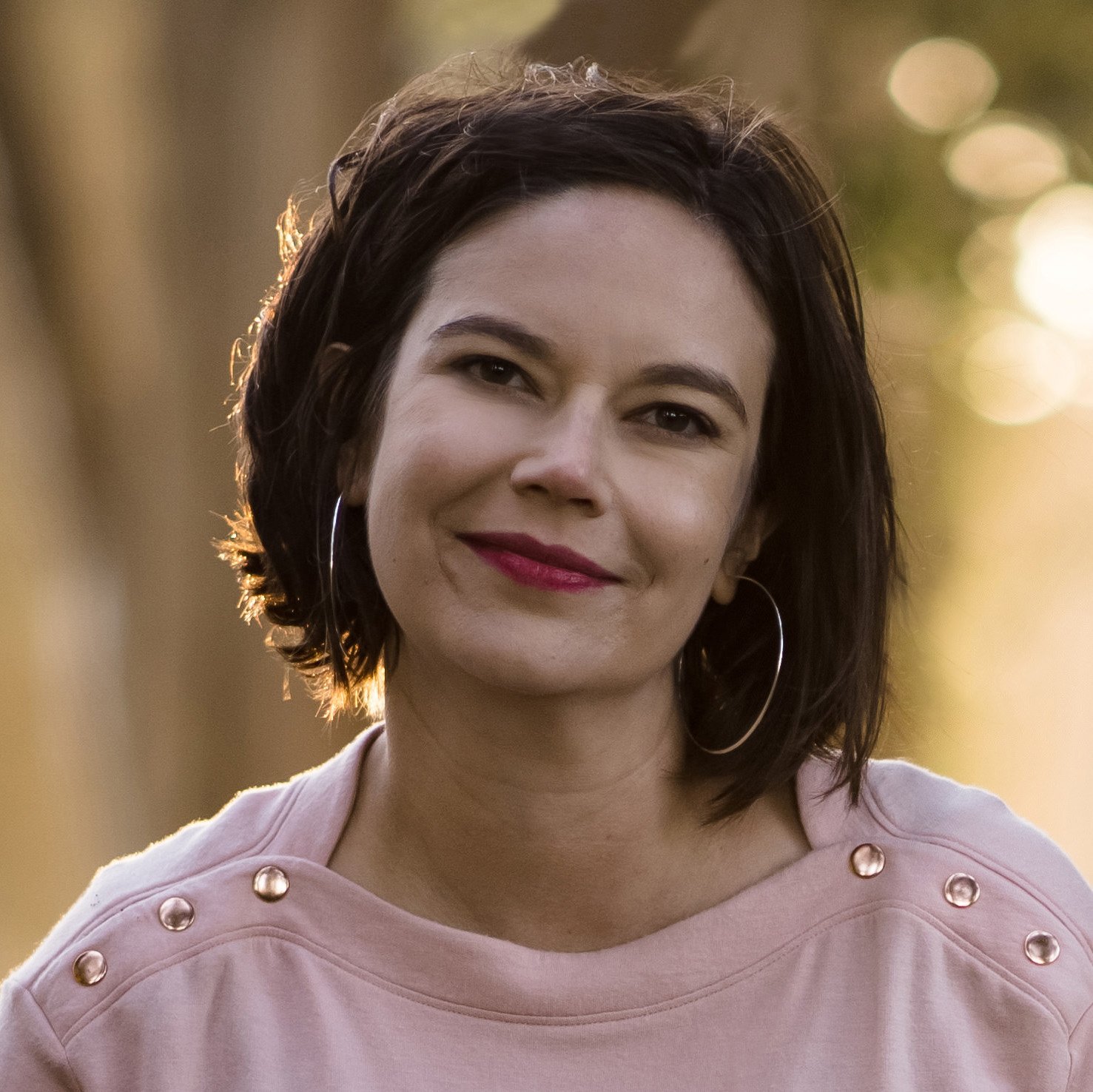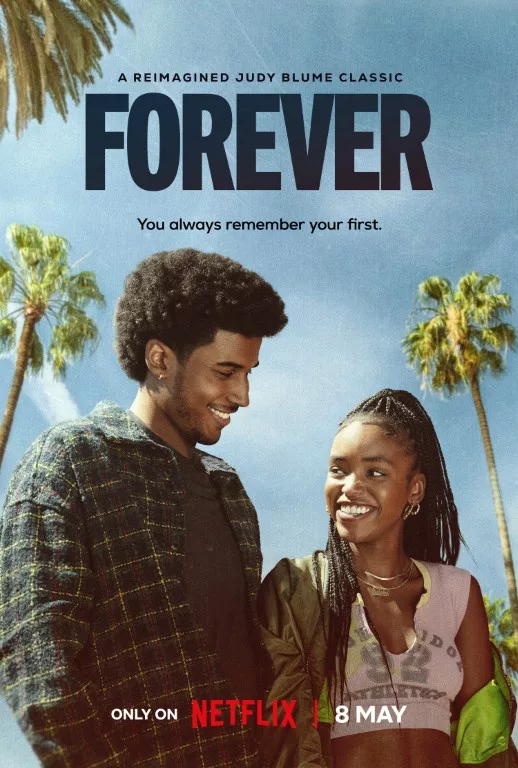Mara Brock Akil’s “Forever” is a triumph. Based on the Judy Blume book of the same name, it tells the story of two Black teens falling in love in 2018 Los Angeles. And it succeeds at a thing so few YA shows even attempt—giving them a realistic, heartfelt read that takes their relationship seriously, doesn’t add in any over-the-top hijinks (no murder or plane crashes here), and also lets them be kids: sometimes petulant, sometimes silly, always growing.
Michael Cooper Jr. is Justin Edwards, a rich kid with a great three-pointer and a learning disability, who needs to figure out what he’s all about. Lovie Simone is Keisha Clark, a track star and stellar student who was bullied out of her fancy high school (and her scholarship there) and now attends a school her single mom, Shelly (Xosha Roquemore), can’t really afford. They meet at a New Year’s Eve party, two of only a handful of Black kids in that posh, private-school environment.
Created by Akil for Netflix, “Forever” is super clear about its characters’ racial reality. Justin’s concerned parents, Dawn (an always superb Karen Pittman) and Eric Edwards (Wood Harris), are trying to prepare their sweet son for a world that views him as a threat and may weaponize their perception of him against him. Meanwhile, both moms come to recognize that Keisha, as a Black girl, is the least protected amongst them, abandoned by the village that was supposed to protect her until late in the season.
Those are the big themes but there are also so many specifics—whether it’s the art in the Edwards’ house or Keisha spouting out stats about Howard. The creator of “Girlfriends” and “The Game,” Akil brings in an A-list roster of Black talent to share the director’s chair—Regina King, Anthony Hemingway, and Thembi Banks— and it pays off.
Along with Akil, King, and Hemingway, Blume is also an executive producer, and while her brand may be strictly white suburban, she’s done right here. Akil and company build a beautifully stylized show that invites Blume’s regular audience to this Black world. We see LA through Keisha and Justin’s Instagrams, for example, their photos reflecting their particular sense of themselves and the city. The costumes, the sets, the script, it all works in harmony to make our young lovers’ world real and specific.
“Forever” also celebrates the diversity within the Black experience. As opposite genders, Keisha and Justin are dealing with different tropes, pushing back on different stereotypes as they negotiate their pathways to adulthood. They come from different social classes and different backgrounds—Justin’s family appears to be entirely African American, while Keisha is at least part Caribbean, mentioning her father’s roots in the Dominican Republic more than once. These details remind the audience that there’s no one way to be Black, putting our central couple in conversation with their racial identity while never stripping them of their individuality.
Keisha and Justin do share some important similarities though. They both come from loving and imperfect families. They both want to impress their parents, sometimes contorting themselves to meet those expectations in ways no one from the older generation would welcome if they knew. And that’s political too—“Forever” is crystal clear that Black teens deserve love and support—and that family (and each other) are too often the only places where young people like Keisha and Justin can count on to be safe and nurtured.
Throughout the series’ eight hour-long episodes, our protagonists find self-realization in each other’s arms, even when it means needing to be apart. But don’t worry: “Forever” also puts them together, letting them figure out sex just like Blume’s characters did, without consequences. Indeed, some grown audience members will feel uncomfortable watching such a romantic portrayal of teenage trysts. (Although you should know that Cooper and Simone are in their twenties. No actual teens were sexualized in the making of this show.) Regardless, these fictional high schoolers have earned their happiness, fighting for emotional connection and working through what it means to transition into adulthood. It’s ok for grown-ups to look away and let the young people have those scenes.
But we should all tune into “Forever” to better understand the high schoolers in our lives and ourselves because we were all that age once. And this Netflix series captures the bittersweet beauty of coming of age, letting the heartache linger, along with the joy and uncertainty. It’s an insightful update of Blume’s novel, a powerful addition to Akil’s body of work, and a deeply compelling piece of art.




















